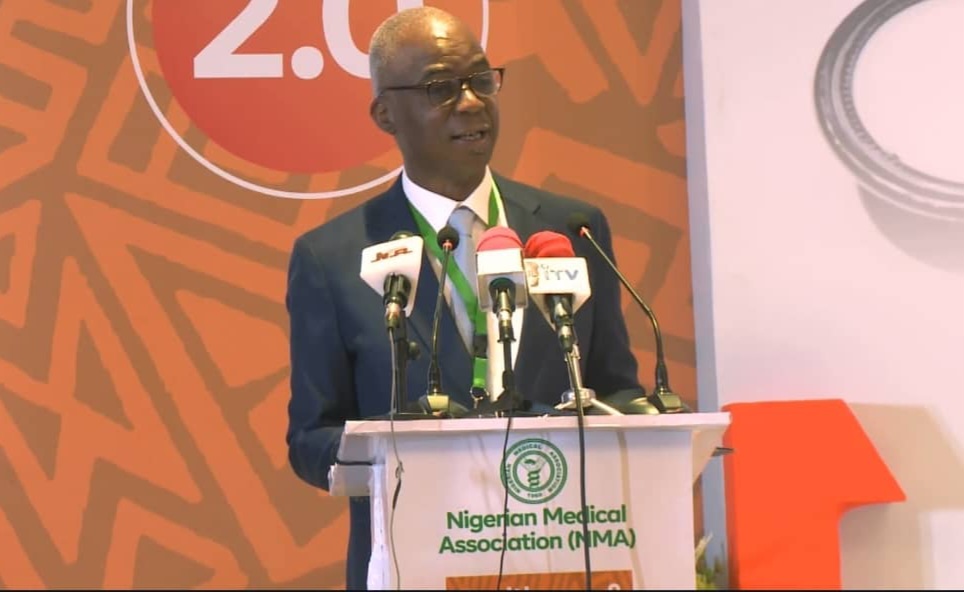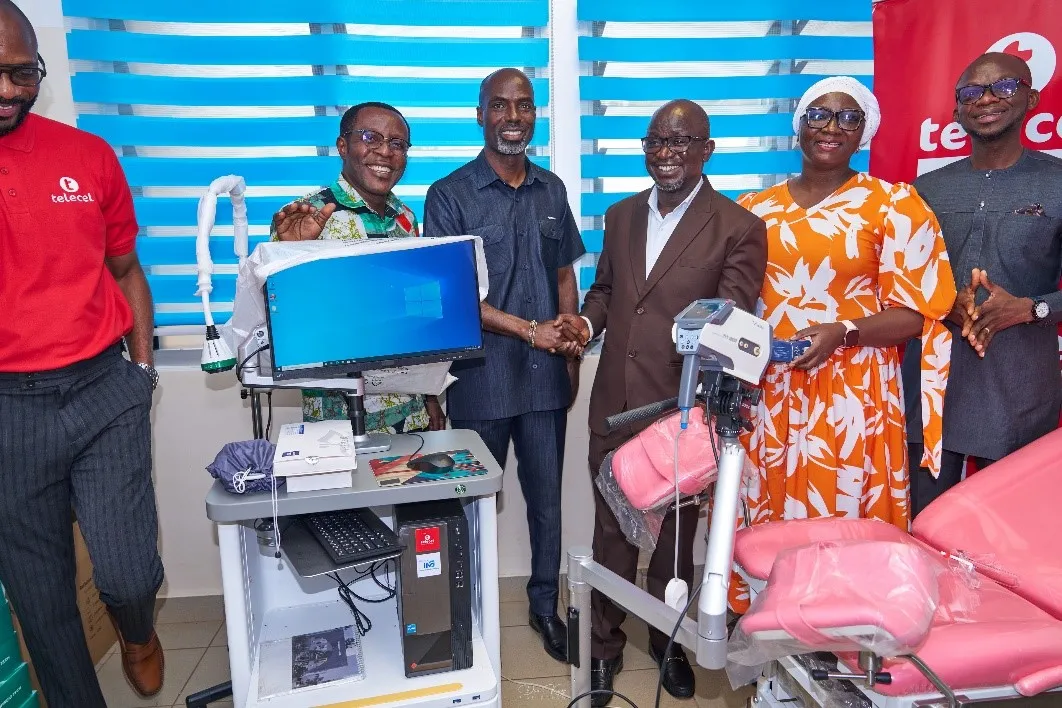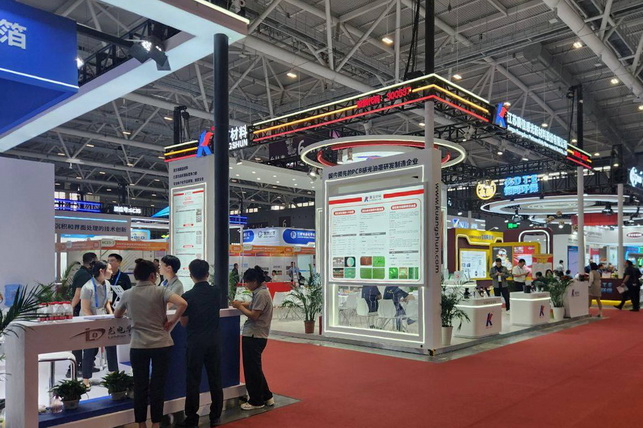Copyright newtelegraphng

Chancellor of Ekiti State University, Dr Tunji Olowolafe, has presented a comprehensive, action-driven blueprint to transform Nigeria’s healthcare landscape, urging stakeholders to shift from “lamentation” to aggressive investment and innovation. Speaking at a critical summit, Dr Olowolafe declared that the time has come to make medical tourism “irrelevant” by establishing Nigeria as the destination for world-class medical care. Olowolafe, a medical doctor, construction tycoon and notable investor, made the intervention at the Nigerian Medical Association (NMA) conference on “Reversing Medical Tourism, Africans Investing in Africa,” held in Abuja. Presenting the keynote address, Olowolafe emphasised that the reversal is essential, noting that Africa loses $7 billion annually to medical tourism, with Nigeria alone accounting for an estimated $2 billion in annual loss. This capital flight represents a severe drain on confidence, capacity, and hope. A Vision for Global Competitiveness Dr. Olowolafe asserted that Nigeria possesses the talent to lead globally, noting that the nation is home to the best doctors, lawyers, and engineers in the world, proving that Nigerians are naturally aspirational. He projected that, with concentrated effort, the Nigerian medical industry could become one of the best in the world within the next five years. He said the pathway to achieving this transformation rests on four core strategies: action-driven leadership, investment in enterprise, technological leapfrogging, and rebuilding public trust. NMA Must Lead the Action-Driven Plan According to him, the centrepiece of the transformation plan is the role of the Nigerian Medical Association (NMA), which, due to its unparalleled reach across 36 states, is uniquely positioned to lead this effort. Olowolafe tasked the NMA with serving as the “convenor of data, dialogue, and delivery”, engaging the government, private sector, diaspora, development partners, and private equity players to drive evidence-based policymaking. “To fulfil this role, the NMA secretariat must be adequately resourced with financial capital and human capital, including multi-sectoral executives, to ensure strong leadership.” He acknowledged current government efforts already laying groundwork, including the National Health Insurance Authority (NAHIA) Act 2022 mandating coverage, executive orders removing tariffs on medical machinery, and commitments under the Renewed Hope Agenda to train 120,000 new health workers. Furthermore, the establishment of a clear foreign exchange regime, free of leakages or arbitrariness, is making the numbers predictable for international entities seeking to establish hospitals in Nigeria. Nigeria is Bankable: The Investment Pivot Dismissing pessimism, Olowolafe insisted that “Nigeria is bankable” and urged private investors to participate in large-scale enterprise. He cited existing foundational infrastructure—such as the digital connectivity laid in Lekki between 1999 and 2007—that successfully attracted high-profile Foreign Direct Investment (FDI) into capital-intensive private ventures like the Evercare hospital complex. Crucially, he noted confirmed FDI of $30 billion expected in the oil and gas sector by the year 2030, which will generate significant opportunities to set up “proper hospitals and trauma centres” in oil cities like Warri and Port Harcourt. He highlighted successful Nigerian hospitals—including Bridge Clinic, Nordica Fertility Centre, Cedar Crest Hospital, and NA M hospital (known for its robotic surgery and attracting patients from Turkey)—that already draw patients from neighbouring countries and the Nigerian diaspora for specialised care like IVF, often saving them at least 80 per cent of the cost. However, for doctors to succeed in this new environment, they must be trained in “capitalism,” receiving short courses on “feasibilities, economic analysis, and financial management” to complement their excellent clinical skills. Technology as the Great Equaliser Technology, Dr Olowolafe argued, is the “great equaliser” that will allow Nigeria to leapfrog infrastructural deficits. He called for Nigeria to move from being merely a market for medical solutions to becoming a “maker of medical breakthroughs”, capitalising on its existing leadership in fintech, agrotech, and edtech to now lead in health tech. This requires a move from isolated centres of excellence to “integrated ecosystems” that seamlessly connect doctors, laboratories, universities, and investors. Investment must focus on digital health reform platforms, Artificial Intelligence (AI) in diagnostics, and the use of blockchain-secured medical records to strengthen transparency and attract foreign investment. Concerning talent, he noted that the “brain drain” paradoxically validates that the Nigerian educational system is “correct, appropriate, and of global standards”. Therefore, investments must be channelled into knowledge production, research, faculty development, and medical education that equips doctors to compete globally while remaining locally relevant. Rebuilding Trust and Capacity Dr Olowolafe stressed the need to wage a “war of perception” to rebuild trust in African medical practice, technology, and expertise. He emphasised that true partnership with development agencies means building “local capacity, not dependence”. “Instead of flying patients abroad for charity surgeries, we can fund our local surgeons. Instead of importing equipment, we can also invest in our biomedical engineers locally,” he stated, insisting that sustainable development requires systems that endure. Finally, he issued a plea to medical professionals, urging them to choose dialogue over force and to “avoid strikes”, as every day a strike persists, it delays care, postpones diagnosis, and “erodes the trust with the patients”. He concluded that when Africans invest in Africa, and the transformation plan is executed, medical tourism will not just be reversed—it will simply become irrelevant.



